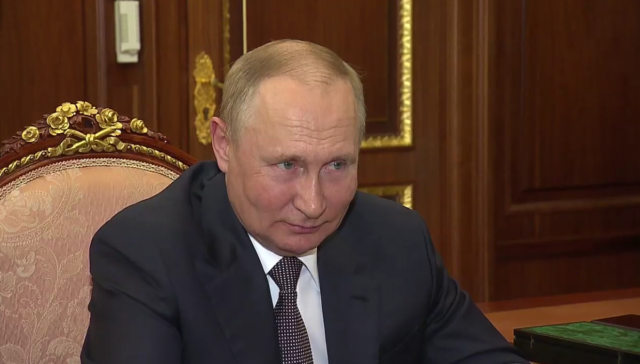Understanding Russia’s Military Dynamics: A Call for Action
There’s a prevailing concern among analysts regarding Russia’s military capabilities in comparison to Ukraine. Recent discussions echoed in major publications, including The Wall Street Journal, highlight a critical point: without a more robust response from Western nations, Russia’s military edge may only widen. Understanding this situation requires a closer look at both the numbers and the broader implications for global security.
The Growing Threat
Russia has ambitious plans for its military. By aiming to establish a permanent troop force of 1.5 million, the country is not just boosting numbers but also enhancing its operational capabilities. Such developments signal an urgent need for Western countries to assess their own defense strategies.
- Increased Military Spending: Many European nations are ramping up their defense budgets. For instance, Sweden’s government has recently committed to significant investments in military infrastructure, recognizing the need to be prepared.
- Enhanced Strategic Alliances: NATO countries are reinforcing their collaboration through joint exercises and shared intelligence, ensuring that they are on the same page when it comes to potential threats.
- Focus on Readiness: Countries are also prioritizing rapid response capabilities, understanding that the landscape of military conflict is changing. For example, the U.S. military is focusing on a swift mobilization strategy that can provide immediate support to allies.
Real-World Implications
Consider the situation in Ukraine. The conflict has already shown how swiftly the dynamics can change, and the stakes are incredibly high. In real life, citizens in affected regions are experiencing the fallout from military miscalculations. It’s essential for nations to recognize that proactive preparedness could prevent future conflicts from escalating.
The Importance of Action
Analysts argue that the failure to act decisively might embolden aggressive posturing, leading to catastrophic consequences for not just neighboring countries but the entire region. The need for Europe to strengthen its military forces is becoming increasingly clear. According to studies, nations with robust defense systems tend to deter aggression more effectively than those that do not.
Ultimately, the emphasis on military readiness is not just about numbers—it’s about safeguarding democratic institutions and maintaining stability. As historians have shown, conflicts often arise from a lack of preparedness rather than a desire for war. It’s time for Europe to recognize the shifting tide and invest wisely in its future security.
In conclusion, the realities of contemporary warfare necessitate a united and forward-thinking approach. By understanding the stakes and acting collectively, Western countries can not only safeguard their interests but also promote lasting peace in a tumultuous world.






